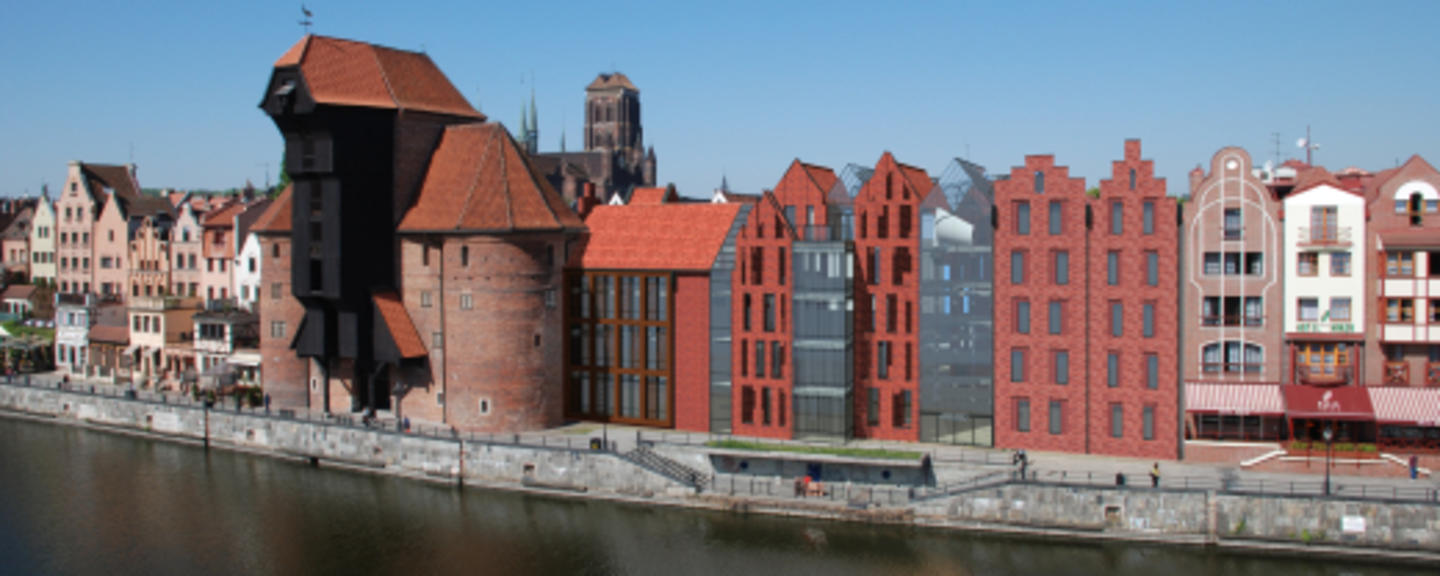The Polish Maritime Museum is dedicated to the active preservation of the cultural heritage of the Baltic coast and to give visitors greater opportunities to experience the museum`s collections. In order to make the museum more attractive to visitors, extensive restoration and redevelopment has been needed.
The Colonial Warehouse, an old part of the museum, has turned out to be unsuited as a venue for the new and improved museum. Therefore, the demolition of that building and the construction of a new and better suited building at the site are central to the restoration process. The project is one of the largest supported by the EEA and Norway Grants, receiving approximately €8.6 million in support to carry through the restoration.
The new facilities will house innovative exhibitions that make the marine cultural heritage of the region come alive in exciting ways. According to Maria Dyrka, deputy director of the museum, the redevelopment will "add a brand new quality in the field of education and preservation of the marine cultural heritage".
In addition to the permanent exhibitions, showcasing ships and boats from all over the world, the Maritime Culture Centre will offer workshops where school children and other visitors will get the chance to be actively involved in the conservation work of the museum. Through workshops, visitors will be able to take direct part in the archaeological documentation of shipwrecks and other underwater findings of the museum. Interactive media and computer generated visualisations will be utilised to give visitors an in-depth view of the work going on at the Maritime Culture Centre.
According to Ms Dyrka, the project will be beneficial not only for the museum but also for the city of Gdansk and the region, stating that "The cultural identity and distinction of its inhabitants will be emphasised, and demonstrate the unique character of the area." She expects the project will cause growth of socio-economic activity in the region and improve the quality of life for the city`s inhabitants,
The project is carried out in cooperation with the Norwegian partner Stavanger Museum. The collaboration will result in an inaugural virtual exhibition being presented on the Internet and in the Polish Maritime Museum`s buildings. The partners have already agreed to continue the relationship beyond the currently planned activities, paving the way for future joint projects in research, educational and conservational activities and exhibitions.
Photo: Polish Maritime Museum
